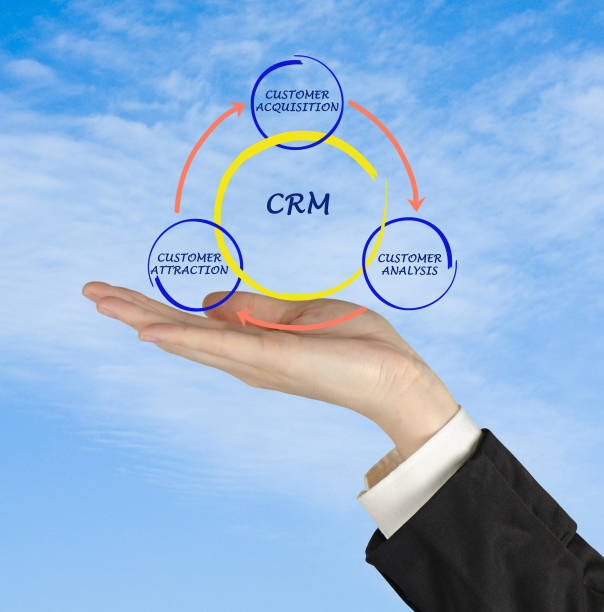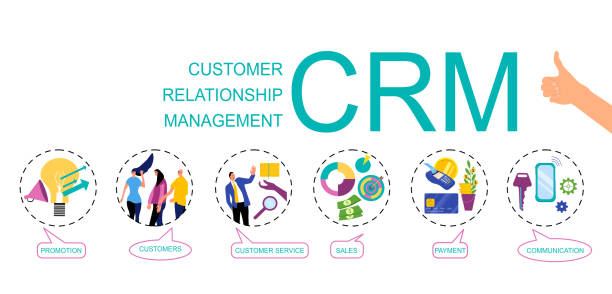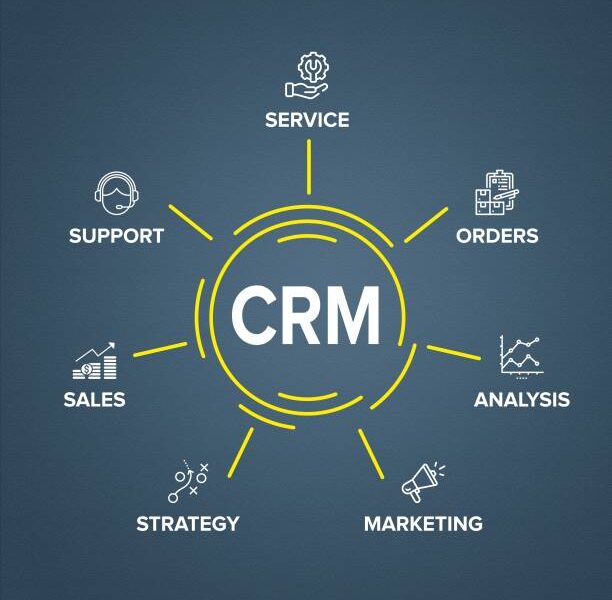Why Businesses in Pennsylvania Choose These CRM Tools to Maximize Profits
In today’s competitive business landscape, Customer Relationship Management (CRM) tools have become indispensable for organizations aiming to enhance their profitability and efficiency. In Pennsylvania, businesses are increasingly adopting various CRM solutions to streamline operations, improve customer interactions, and ultimately drive revenue growth. This article delves into the reasons why Pennsylvania businesses opt for specific CRM tools and how these choices contribute to maximizing profits.
Understanding CRM Tools
What is CRM?
Customer Relationship Management (CRM) refers to technologies and strategies that organizations use to manage and analyze customer interactions throughout the customer lifecycle. The goal is to improve customer service relationships and assist in customer retention, thereby driving sales growth. CRM systems consolidate customer information into a single database so business users can access and manage it easily.
Importance of CRM in Business
- Enhanced Customer Relationships: CRM tools help businesses understand their customers better by providing insights into their preferences and behaviors.
- Increased Efficiency: By automating routine tasks, CRMs allow employees to focus on more strategic activities.
- Data-Driven Decision Making: With analytics capabilities, CRMs enable businesses to make informed decisions based on real-time data.
Popular CRM Tools in Pennsylvania
Businesses in Pennsylvania have a variety of CRM tools at their disposal. Some of the most popular options include:
- Salesforce: Known for its robust features and customization options, Salesforce is widely used across various industries.
- Microsoft Dynamics 365: This tool integrates seamlessly with other Microsoft products, making it a favorite among businesses already using Microsoft solutions.
- HubSpot: Renowned for its user-friendly interface, HubSpot offers a free tier that appeals to small businesses.
- Zoho CRM: This affordable option provides a comprehensive suite of features suitable for small to medium-sized enterprises.
Reasons for Choosing Specific CRM Tools
1. Tailored Solutions for Local Needs
Pennsylvania businesses often choose CRM tools that cater specifically to their industry requirements. For instance, companies in sectors like healthcare may prefer Veeva CRM due to its specialized features tailored for managing patient relationships and compliance needs. Local consulting firms like Everest Customer Solutions provide tailored implementations of such tools, ensuring they meet specific business needs effectively.
2. Integration Capabilities
A significant factor influencing the choice of CRM tools is their ability to integrate with existing systems. Many Pennsylvania businesses utilize multiple software solutions for accounting, marketing, and sales. CRMs that offer seamless integration capabilities can significantly enhance operational efficiency by ensuring that all systems communicate effectively. For example, Microsoft Dynamics 365 is favored for its compatibility with other Microsoft products, allowing businesses to leverage existing investments.
3. Scalability
As businesses grow, their needs evolve. Companies in Pennsylvania often select CRM tools that can scale with them. Solutions like Salesforce and Zoho offer flexibility in terms of features and pricing plans that accommodate growing organizations. This scalability ensures that businesses do not outgrow their systems as they expand.
4. User Experience
The user-friendliness of a CRM tool plays a crucial role in its adoption within an organization. Businesses prefer platforms that are intuitive and easy to navigate, as this reduces training time and encourages widespread usage among employees. HubSpot is often cited for its clean interface and ease of use, making it a popular choice among small businesses.
5. Cost-Effectiveness
Budget constraints are a reality for many businesses in Pennsylvania. Therefore, cost-effectiveness is a critical consideration when selecting a CRM tool. Options like Zoho provide extensive features at lower price points compared to competitors like Salesforce or Microsoft Dynamics 365. This affordability allows smaller enterprises to access powerful tools without breaking the bank.
Benefits of Implementing CRM Tools
Improved Customer Insights
CRM systems collect vast amounts of data regarding customer interactions and preferences. By analyzing this data, businesses can gain valuable insights into customer behavior, allowing them to tailor their marketing efforts more effectively.
Enhanced Communication
Effective communication is vital for maintaining strong customer relationships. CRMs facilitate better communication by providing teams with access to comprehensive customer histories, ensuring that every interaction is informed and relevant.
Increased Sales Opportunities
With features like lead tracking and opportunity management, CRMs help sales teams identify potential sales opportunities more efficiently. By streamlining the sales process, these tools enable teams to close deals faster and increase overall revenue.
Better Customer Retention
By providing personalized experiences based on customer data, businesses can enhance customer satisfaction and loyalty. A satisfied customer is more likely to return for repeat business, contributing directly to increased profits.
Challenges in Implementing CRM Systems
While the benefits of CRM systems are substantial, there are challenges associated with their implementation:
- Data Migration: Transitioning from legacy systems to new CRMs can be complex and time-consuming.
- User Adoption: Ensuring that all employees are trained and willing to use the new system is critical for success.
- Cost of Implementation: Initial costs can be high, especially for advanced systems with extensive features.
Best Practices for Successful CRM Implementation
To maximize the effectiveness of a chosen CRM tool, Pennsylvania businesses should consider the following best practices:
Define Clear Objectives
Before implementing a CRM system, it’s essential for businesses to define clear objectives regarding what they hope to achieve with the tool—be it improved sales tracking or enhanced customer service.
Involve Stakeholders Early
Engaging key stakeholders from different departments during the selection process can ensure that the chosen system meets the diverse needs of the organization.
Provide Comprehensive Training
Investing time in training employees on how to use the new system can significantly enhance user adoption rates and overall effectiveness.
Monitor Performance Regularly
Regularly reviewing how well the CRM system meets business objectives allows organizations to make necessary adjustments or enhancements over time.
Conclusion
In conclusion, Pennsylvania businesses are increasingly recognizing the value of implementing effective CRM tools as a means of maximizing profits and enhancing operational efficiency. By choosing solutions tailored to their specific needs—whether through robust integration capabilities or user-friendly interfaces—these organizations position themselves for sustained growth in an ever-evolving marketplace.The strategic implementation of these systems not only improves customer relationships but also drives sales performance through data-driven insights and automation. As technology continues to advance, the importance of selecting the right CRM tool will only grow.


